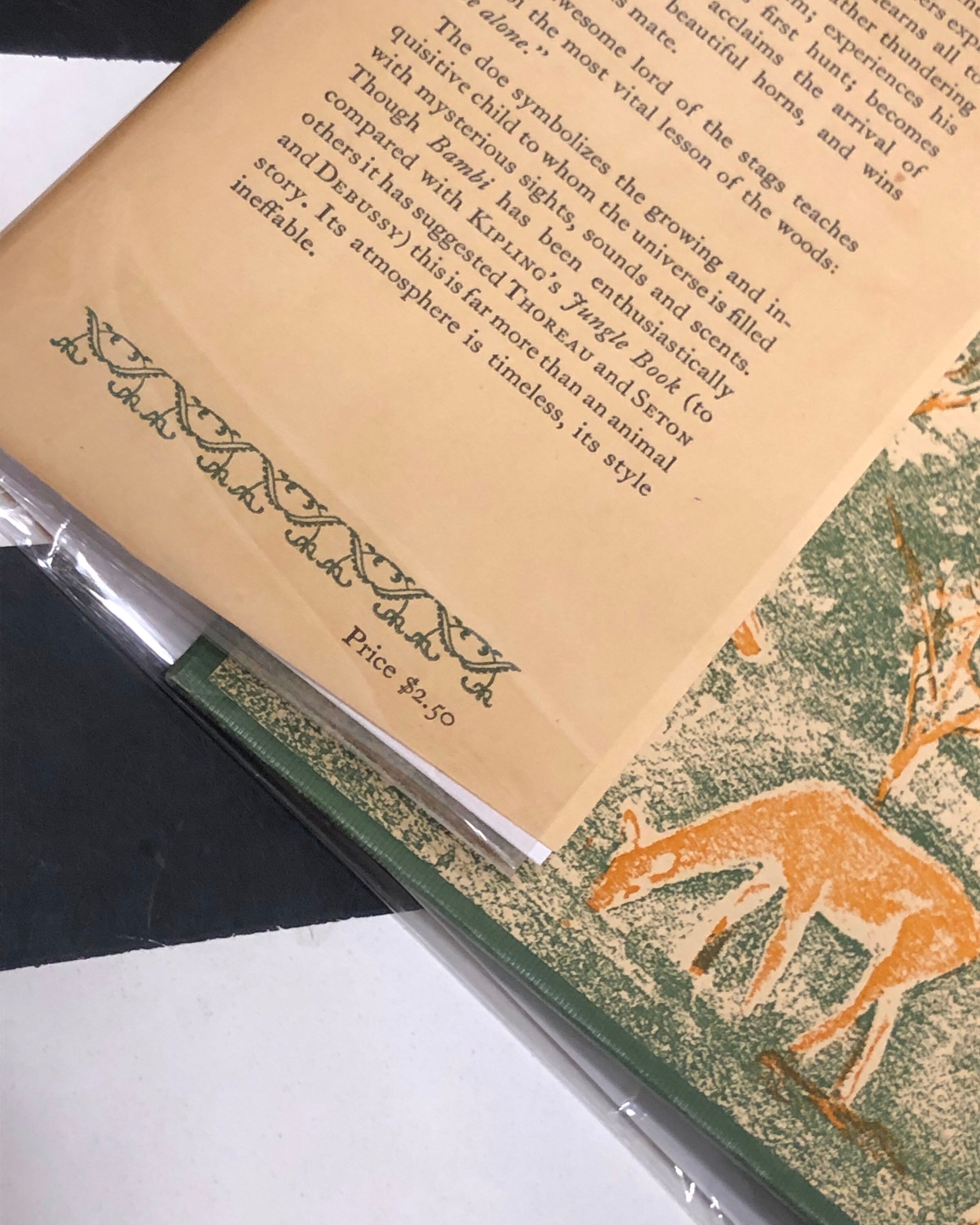


“I am so curious, and I’ve spent quite a bit of my days in bookstores in Paris or London or Rome or New York. “The things I do have a serendipity,” Zipes said. Zipes’s translation reveals the novel’s commentary on antisemitism, political persecution, and the rise of fascism that Salten, a Jewish man living in Austria, experienced in the early 20th century. Zipes’s 2022 translation project, The Original Bambi: The Story of a Life in the Forest, takes a fresh look at Salten’s famous 1923 novel about a European roe deer, which was published in English in 1928 and adapted by Disney in 1942. The collection’s most familiar entry might be the piece on Felix Salten. Princeton publisher Anne Savarese gave him the go-ahead to create an essay collection, and the result was Buried Treasures, a literary education in radical fairy tales. “I wrote the introductions to many of the Oddly Modern books,” Zipes said, “and when I retired and had more time on my hands, I thought I should revise them.” He’d also founded an imprint, Little Mole and Honey Bear, and although he’d ceased publication (“you just can’t do a one-person publishing house”), he still wanted readers to learn about rediscoveries like German illustrator Christian Bärmann and French war veteran Paul Vaillant-Couturier ( Johnny Breadless: A Pacifist Fairy Tale, 1921). Notable children’s authors and critics including Philip Pullman, Michael Rosen, and Maria Tatar contributed to editions in the series, and Zipes served as translator on many of the volumes too.

The roots of Buried Treasures can be found in the book series Oddly Modern Fairy Tales, which he established with Princeton University Press.

He introduced Buried Treasures to attendees and later spoke with PW about his ongoing research. On April 25, Zipes spoke about his career at Magers & Quinn Booksellers in Minneapolis, where many in the audience knew him from his work with children in the Twin Cities literacy organization he co-founded, Neighborhood Bridges.


 0 kommentar(er)
0 kommentar(er)
